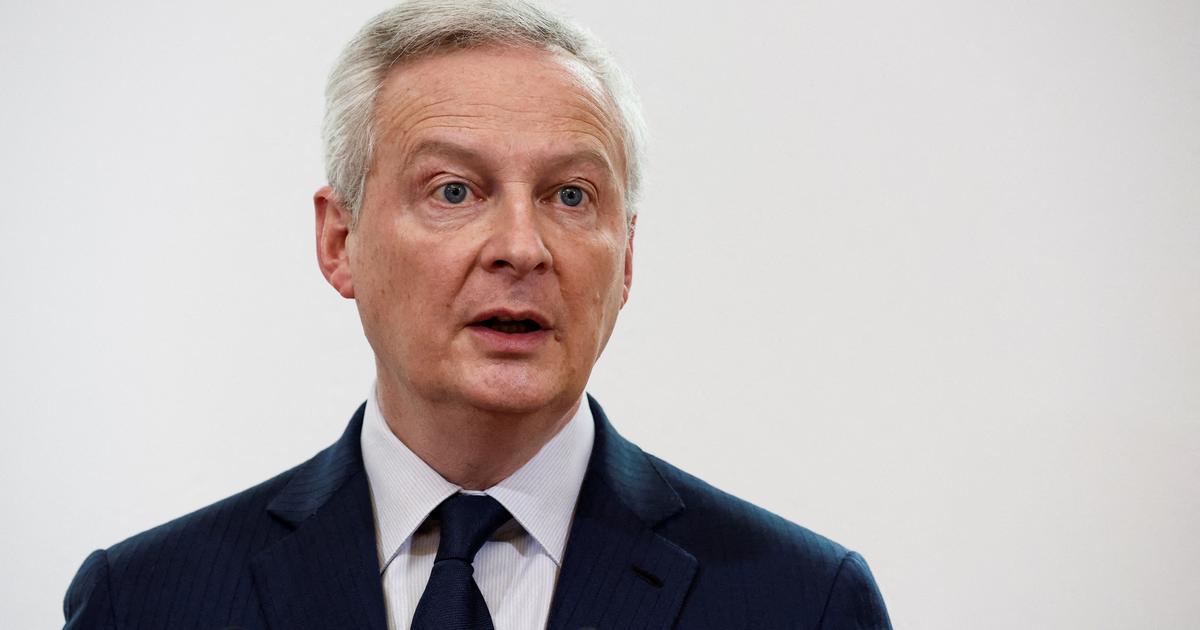What is coming is a wave of tax reforms.
The increase in government spending to offset the extreme economic shock caused by the coronavirus pandemic will have to be covered through taxes.
Colombia is preparing to do so soon.
Brazil too.
And now Mexico opened the door to a reform of its own.
But Mexico is an atypical case, since its need to cover a rising deficit is not due to spending due to the pandemic.
The government, in fact, resisted pressure to transfer resources to the unemployed and spent only 1.5% of gross domestic product (GDP) on stimulating the economy (compared to Brazil, which has spent about 12%).
Why, then, the weakness of public finances in Mexico?
Although the economic downturn last year exacerbated the deterioration, the country has suffered thorny problems since it ceased to be, in practical terms, an oil country.
The high informality of the economy, the fiscal support to "rescue" the state-owned company Petróleos Mexicanos (Pemex), and, perhaps the most controversial of all, pension spending, paint a difficult picture if the problem is not addressed with urgency.
The Secretary of the Treasury, Arturo Herrera, already said it on March 11: after the local and legislative elections this summer, Mexico will have to "evaluate" and "propose changes to the country's tax structure."
To understand where the country's tax problems arise, it must be remembered that from 2003 to 2014, during the
boom
in oil prices, the Government still collected between 4% and 5% of GDP only in exports, explains Héctor Villarreal, director of the Center for Economic and Budgetary Research (CIEP), an independent research and analysis unit.
"Now, hopefully, you collect 1% or 1.5% of GDP," says the specialist.
Mexico is today a net importer of energy, so the dynamics is the reverse: an increase in oil prices costs the country more expensive than what the Government collects in exports.
Oil resources
Despite no longer being an oil country, President Andrés Manuel López Obrador is willing to spend to "rescue" Pemex.
In February, the government announced that it would inject between 1.3 and 1.6 billion dollars into the company.
The Treasury also forgave him 75,000 million pesos in taxes.
In addition, the president himself said at a press conference that the federal government could enter to amortize part of its debt.
Pemex is the world's most indebted oil company.
"Spending-wise, it is clear that the government is fully focused on the president's priorities," Eurasia Group analysts wrote this month.
“The expenses of the Ministry of Energy, in charge of the construction of a new refinery, increased 31% year-on-year in January.
Spending also increased 61.5% in financial investments, which includes the 32,000 million pesos in capital transfers recently made to Pemex.
López Obrador also announced that the government will advance 200,000 million pesos in pension and scholarship payments, his favorite social programs.
These increases have been offset by decreases in other areas, including the ministries of communications and transportation, where spending on infrastructure was reduced by 25.4% ”, says the note.
The president will also continue to push for austerity measures, as well as the centralization of resources even though this is unlikely to result in significant savings, says Eurasia.
The last tax reform was carried out in the Government of Enrique Peña Nieto (2012-2018) and managed to collect around 1.5% of GDP in 2013, and it was not enough, says Villarreal.
"The issue is that many expenses were skyrocketing," says the expert, "I think that, by far, what came to distort the entire system is spending on pensions.
I think it's the stinky animal in the room that nobody wants to talk about. "
This year, according to CIEP estimates, the government will spend the equivalent of 4.9% of GDP to pay pensions.
The value added tax (VAT) collects 3.9% of GDP.
That is, everything collected through VAT will be spent on pensions and it will still be necessary to cover it.
More contributors
"The tax reform proposal that could be presented once the elections are over should privilege the expansion of the taxpayer registry," José Manuel Urreta, president of the National Association of Regional Business Councils (ANCER), said in a statement.
The organization estimates that six out of ten Mexicans work in the informal sector and 31 million people in that sector live with low income, little job stability, lack of legal protection and lack of social security.
"Expanding the tax base would have great positive effects for the government, workers and entrepreneurs," said Urreta.
The 8.5% drop in Mexican GDP in 2020 translates into less tax revenue for the Government.
The Treasury assures that the rebound this year will be 4.6%, partly driven by the historic stimulus that the United States is deploying in its own economy.
However, analysts at the US investment bank Bank of America see the beginning of a "decoupling" between the two economies that limits the spillover from the world's largest economy to that of Mexico.
“Why have these two economies decoupled?” Economists say in a note sent to clients this month, “it has a lot to do with domestic politics.
This became clear in 2020, when in response to the pandemic the US embarked on very decisive countercyclical fiscal and monetary policies while Mexico opted for pro-cyclical policies, amplifying the negative impact of the pandemic on the economy ”.
The bank also cites the uncertainty in the business climate generated by the government as one of the factors against a synchronization of both economies.
Andrés Manuel López Obrador came to power because Mexicans asked for a structural change from the root, says Villarreal, so asking for a structural change in the tax system should not be unattainable.
"There is the opportunity to go a little deeper, which would have to start by setting clear objectives, which forces us to rethink the tax system," says the specialist.
“It would be saying what are we expecting from the tax system?
And what things do we want to pay for?
Subscribe here
to the
newsletter
of EL PAÍS México and receive all the informative keys of the current situation of this country


/cloudfront-eu-central-1.images.arcpublishing.com/prisa/RK3AI2H26NFTRJ3VH3EVPP573E.jpg)






